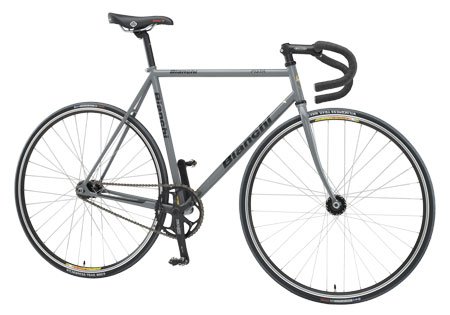greg
Thinks s/he gets paid by the post
- Joined
- Jun 1, 2005
- Messages
- 1,071
Am I the only one amused by this vehicle? What a great second car for around town and job commutes:
Air Car - First Air-Powered Car - Zero Emissions - Behind the Tech - Popular Mechanics
Why can't we do something like this?
Air Car - First Air-Powered Car - Zero Emissions - Behind the Tech - Popular Mechanics
Why can't we do something like this?



 .
.